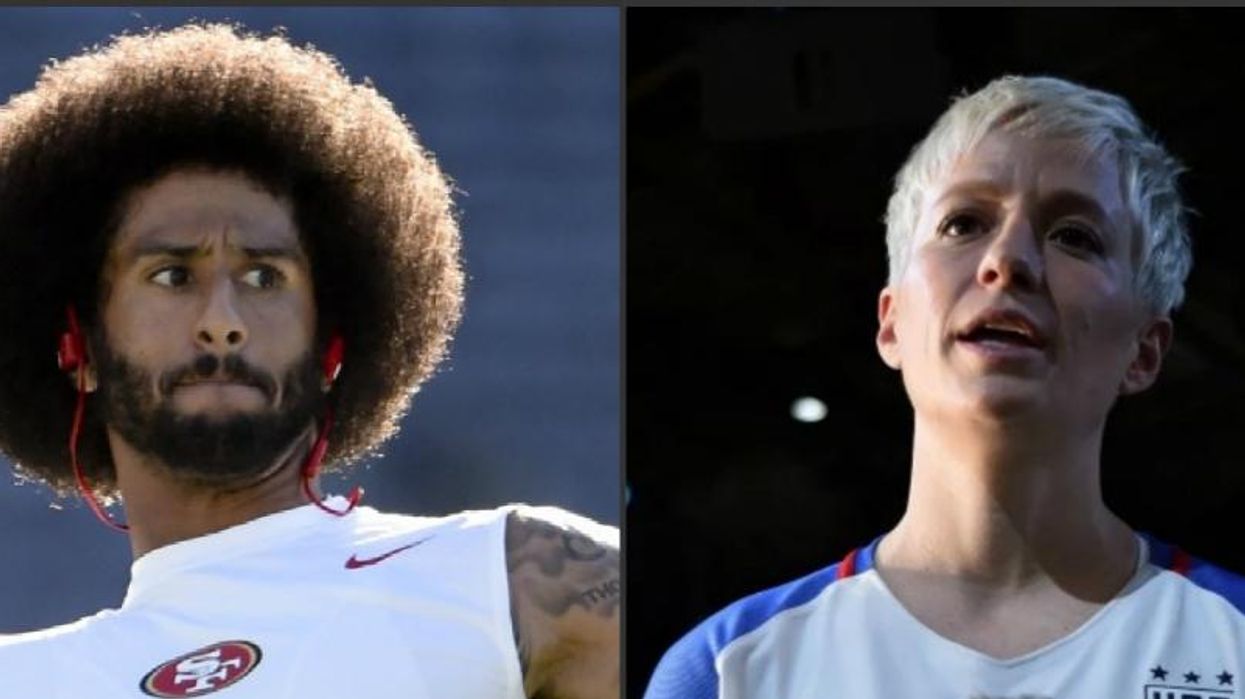News
Edna Mohamed
Nov 11, 2020

Getty
In her new memoir, US Women’s National superstar football player Megan Rapinoe wrote about becoming one of the first white athletes to follow-suit and kneel during the anthem.
In ‘One Life’, she wrote of her decision to undertake the political act of kneeling but talks of how much she underestimated the effect that it was going to have. While aware of her whiteness she knew that to some degree at least, she would be extended some "immunity."
To some extent, Rapinoe’s predictions were correct. But she still had to face serious repercussions about the act which led her to be benched for multiple team games. She was later cut from the US Women’s National Team completely.
As the protests continued in 2016 after the death of Philando Castile and Alton Sterling sparking the Black Lives Matter movement, Rapinoe had marked herself as and activist and was subjected to trolls who refused to understand her way of thinking and display of support. She was bombarded with tweets from critics who had accused her of ‘misusing the freedom the US military had fought to give’ her. This wasn't the way she had expected it to go.
She wrote: “In the days after kneeling, I realized I had called it wrong.”
But, Rapinoe continued protesting and was resolute in her decision that this was the best way to not only act but understand the importance of being an ally to Black Americans who were protesting against police brutality. She wrote:
This was a huge light bulb moment: realizing that we're not all free until we're all free; that it wasn't a question of protesting racial injustice as if it were my own cause, but doing so because this was also my fight.
Eventually, Rapinoe was allowed back on to the team where she broke headlines for her skills during the Women’s World Cup in 2019, earning her the Golden Boot as the tournament’s top scorer and the Golden Ball for best player. Rapinoe says that it was reading about social and racial injustice that she was not only sure of her decisions but understood how deeply white supremacy went. She wrote:
Those who are discriminated against shouldn't have to fight alone, and leaving advocacy to the marginalized group itself — the group most at risk of dismissal or reprisal — is, frankly, outrageous.
Rapinoe’s memoir was released yesterday and is available to buy at all major booksellers.
Top 100
The Conversation (0)












